Art. 102. Testing and verification of compliance
1. The sole project manager shall monitor the performance of the contract jointly with the site manager for works and the executive director of the contract for services and supplies.2. Public contracts are subject to works testing and verification of compliance for services and supplies, to certify that the object of the contract in terms of performance, objectives and technical, economic and qualitative characteristics has been achieved and executed in accordance with the forecasts and the contractual clauses. For public works contracts of more than 1 million euros and below the threshold referred to in Article 35, the certificate of inspection, in the cases expressly identified by the decree referred to in paragraph 8, may be replaced by the certificate of proper performance issued for the works by the site manager. For public works contracts of a value of less than or equal to 1 million euros, and for supplies and services below the threshold referred to in Article 35, it is always in the contracting entity’s power to replace the test certificate or verification of compliance certificate with the certificate of proper performance issued for the works by the site manager, and for supplies and services by the sole project manager. In the cases referred to in this paragraph the certificate of correct execution shall be issued no later than three months from the date of completion of the services covered by the contract.
3. Final testing or verification of compliance must take place no later than six months after the completion of the works or performance, except for the cases specified in the decree of the Minister for Infrastructure and Transport referred to in paragraph 8, of particular complexity of the work or performances to be tested, for which the term may be increased up to one year. The test certificate or the verification of compliance certificate is provisional and becomes final two years after its issue. After the term has expired, the test is tacitly approved even if the formal act of approval has not been issued within two months of the expiry of this period.
4. paragraph repealed by legislative decree no. 56/2017 in force from 20-5-2017
5. Subject to the provisions of Article 1669 of the Civil Code, the contractor shall be liable for discrepancies and flaws in the work or performance that are still identifiable, provided they are reported by the contracting entity before the test certificate becomes final.
6. In order to carry out the testing activities on the performance of the public contracts referred to in paragraph 2, the contracting entities shall appoint among their employees or employees of other public administrations between one and three staff members with qualifications that correlate to the type and characteristics of the contract, having the requisites of morality, competence and professionalism, and entered in the relevant national or regional register of inspectors as provided for in paragraph 8 of the Article. The remuneration for the testing activity for the employees of the contracting entity is within the scope of the incentive referred to in Article 113, while for the employees of other public administrations it is determined according to the applicable law at the contracting entities and in compliance with the provisions of Article 61, paragraph 9, of Legislative Decree No. 112 of June 25 2008, converted amendments by Law No. 133 of August 6 2008. For the works, the structural tester for the static test drafting is appointed from employees of the contracting entity or employees of the other administrations. For the identified shortage in the staff of the contracting entity, or other administrations, the contracting entities identify the staff members with the procedures referred to in Article 31, paragraph 8.
7. Testing and verification of compliance may not be entrusted to:
a) Ordinary, administrative and accounting magistrates, and State solicitors and barristers, in service activities and, for public works contracts of an amount equal to or greater than the thresholds of Community relevance referred to in Article 35 to those in retirement in the region/regions where the service activity was carried out
b) Employees with public administration roles in service, or in retirement pension in the case of public works contracts of an amount equal to or greater than the thresholds of Community importance referred to in Article 35 located in the region/regions where service activity is carried out for employees in service, or was carried our for those in retirement
c) Those who, during the preceding three years, have had self-employment or employment relationships with economic operators in any way involved in the performance of the contract
d) Those who have, however, carried out or are carrying out control, verification, design, approval, authorization, supervision or direction activities on the contract to be tested
d-bis) Those who have taken part in the tender procedure letter introduced by legislative decree no. 50/2017 in force from 20-5-2017
8. By decree of the Minister for Infrastructure and Transport, upon the proposal of the Supreme Council of Public Works, after hearing ANAC, the technical methods for conducting the test are regulated and defined, as well as the cases where the certificate of works testing and the certificate of compliance verification may be replaced by a certificate of proper performance issued in accordance with paragraph 2. Until the date of entry into force of this decree, Article 216, paragraph 16 applies , also with reference to the certificate of proper performance, issued pursuant to paragraph 2. In the same decree, the methods and procedures for the preparation of tester registers at national and regional level are also regulated, as well as the criteria for enrolment according to the requirements of morality, competence and professionalism..
9. After the work is completed the following are drawn up:
a) For cultural heritage assets, a scientific record drawn up by the site manager or, in the case of interventions on movable heritage, decorated surfaces of built heritage and historicized materials of fixed heritage of artistic or archaeological historic interest, by heritage restorers, according to current legislation, as the last stage in the process of knowledge and restoration and as a premise for the future program of heritage intervention. The costs for the compilation of scientific evidence are provided in the economic framework of the intervention
b) An up-to-date maintenance plan
c) A technical and scientific report drafted by professionals pertaining to their respective skills, with clarification of the cultural and scientific results achieved
Condividi questo contenuto:






